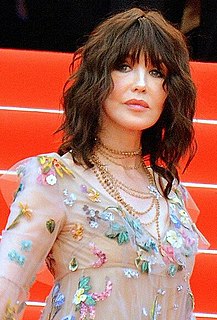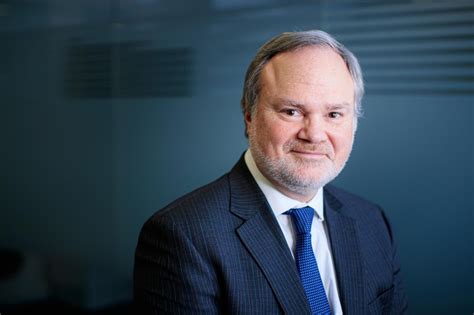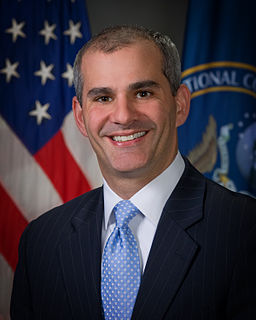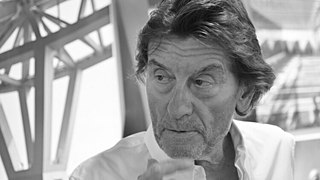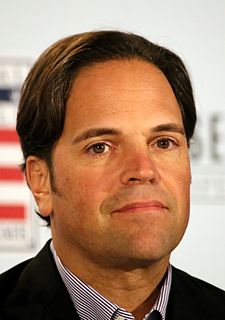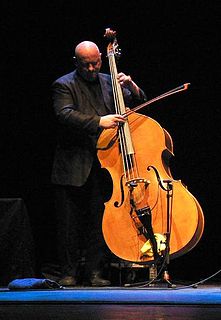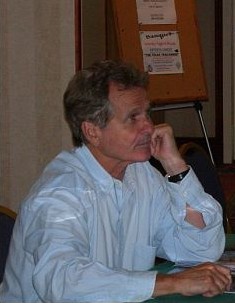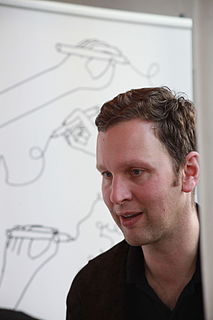A Quote by Najat Vallaud-Belkacem
If you're asking me in a general context whether I'm for or against the burkini, the response is simple: I oppose the burkini.
Related Quotes
Our problem in Quebec is our summer is so short that we can't wear bathing suits, whatever, what kind of bathing suit. So I mean, we have this debate with political parties involved whether we should forbid the burkini yes or no, and this was in the media, you know, front page for days and days and days. This is wildly exaggerated. And people that don't live for instance in Montreal, where they don't have a diverse population, they think this is a real problem.
Whether it comes from a despotic sovereign or an elected president, from a murderous general or a beloved leader, I see power as an inhuman and hateful phenomen. To the same degree that I do not understand power, I do understand those who oppose power, who criticize power, who contest power, especially those who rebel against power imposed by brutality.
When he (Roger Clemens) threw the bat (during Game 2 of the 2000 World Series), I basically walked out and kept asking him what his problem was. He really had no response. I was trying to figure out whether it was intentional or not. I was going to ask him. If it was, then obviously he really no had response. I was more shocked and confused than anything.


